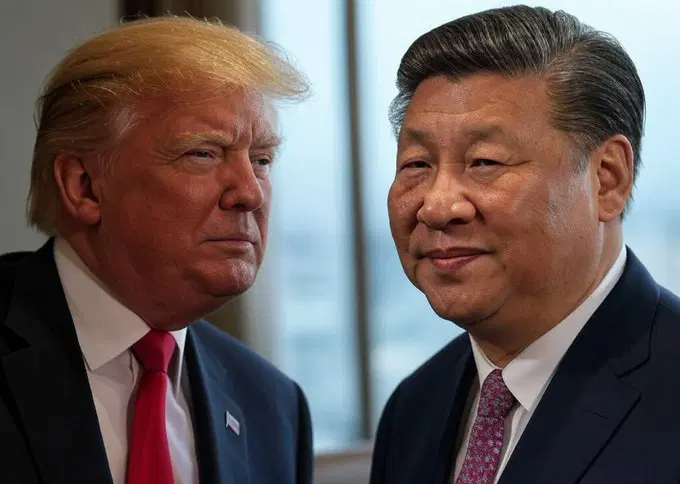On Wednesday, July 9, 2025, China’s Foreign Ministry spokesperson Mao Ning condemned the Trump administration’s new restrictions on Chinese purchases of U.S. farmland, announced on July 8, as “a typical discriminatory practice” that violates market economy principles and international trade rules, warning that it would harm U.S. interests. The restrictions, part of the National Farm Security Action Plan unveiled by U.S. Agriculture Secretary Brooke Rollins, ban Chinese nationals and other “foreign adversaries” (e.g., Iran, North Korea, Russia) from buying U.S. farmland and aim to “claw back” existing holdings, citing national security and food security threats. According to USDA data, Chinese investors held 277,336 acres of U.S. agricultural land in 2023, less than 1% of the 45 million acres owned by foreigners, with Smithfield Foods, acquired by Hong Kong-based WH Group in 2013, owning about 89,218 acres.
U.S. Policy and Rationale
The National Farm Security Action Plan, announced at a USDA press conference with Defense Secretary Pete Hegseth, Attorney General Pam Bondi, and Homeland Security Secretary Kristi Noem, includes seven action items, such as banning new Chinese land purchases, enhancing scrutiny of agribusinesses like Smithfield and Syngenta (owned by state-run ChemChina), and monitoring land near military bases. Rollins called U.S. agriculture a “way of life” under threat from “Chinese Communist acquisition,” citing incidents like the 2022 Fufeng Group’s blocked purchase near Grand Forks Air Force Base and alleged agroterrorism, including Chinese nationals smuggling a fungus in Michigan. Hegseth emphasized Pentagon oversight of land near bases, stating, “No longer can foreign adversaries assume we aren’t watching” (web:5,9,16). The plan also cancels seven USDA agreements with “countries of concern” and removes 70 scientists, mostly Chinese, from research contracts. Smithfield, employing 34,000 U.S. workers, clarified it is not state-owned and exports mainly offal to China, with its 2013 acquisition approved by CFIUS.
China’s Response and Context
Mao Ning urged the U.S. to stop politicizing trade, arguing the ban disrupts global supply chains, especially as China’s 2024 U.S. agricultural imports fell 14% to $26 billion. China has reduced reliance on U.S. farm goods since the 2018 trade war, boosting domestic grain production to 706.5 million tons in 2024 and sourcing corn from Brazil and wheat from Russia. The restrictions follow heightened U.S.-China tensions, including Trump’s July 6 threat of a 10% tariff on BRICS nations, including Nigeria, for “anti-American policies”
Nigeria’s Stake
As a BRICS partner since January 2025, Nigeria faces potential economic fallout from Trump’s broader tariff threats, which could affect its $5.6 billion in U.S. exports (NBS 2024). President Tinubu’s summit push for equitable global governance aligns with BRICS’ critique of U.S. policies, risking Nigeria’s inclusion in tariff measures. Domestic challenges, like 33.9% inflation (NBS April 2025), could worsen if trade disruptions hit Nigeria’s $4.73 billion remittance inflows.

Leave a Reply